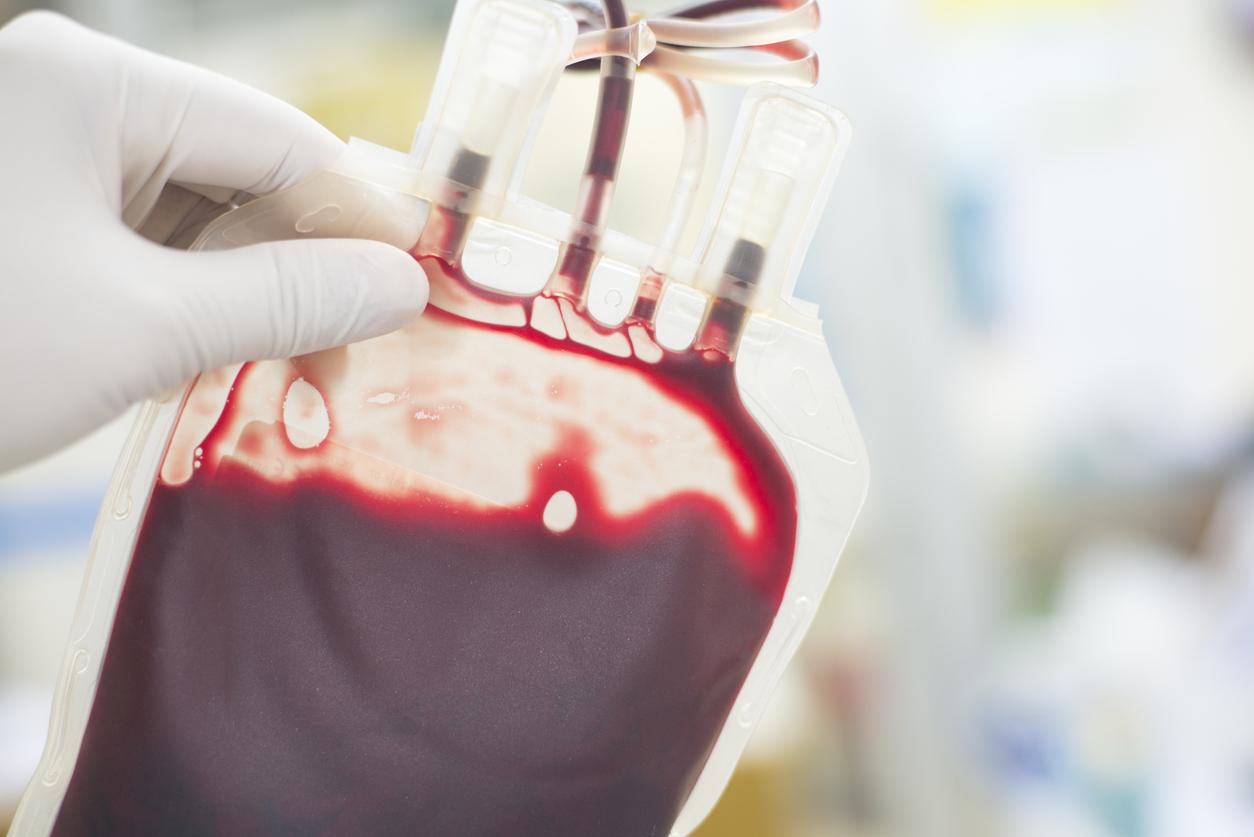Diesel was known to be the cause of many cancers, particularly of the lungs and bladder, which prompted the World Health Organization (WHO) to classify this fuel as a “class 1 carcinogen”. But a new study by the National Institute of Health and Medical Research (Inserm) shows that diesel is also toxic to the liver.
The Inserm researchers have just shown that its particles alter the detoxification functions of the liver, by blocking the hepatic transporters responsible for the elimination of sex and thyroid hormones or that of toxic residues for the body.
The researchers behind this discovery worked in vitro, on liver cells (hepatocytes) in culture. They exposed them to an extract of diesel particles, at doses equivalent to those inhaled by a person who lives in a polluted environment. They then measured the activity of several transporters present on the surface of cells which ensure the passage of molecules circulating in the blood into the liver.
This mechanism normally allows our body to get rid of natural waste products produced by cells, medications or drugs. However, the researchers found that diesel particles reduce the activity of these transporters and even block the activity of several of them, which prevents the elimination of toxins by the liver.
At this stage of the study, the clinical consequences envisaged by the researchers are broad: endocrine disturbances, disturbance of the elimination of drugs or even excess oxidative stress may contribute to the development of chronic diseases. “This would have the particular effect of reinforcing the carcinogenic effects of diesel fuel favored by oxidative stress”, underlines Olivier Fardel, co-author of this work.
Read also :
Infographic: all you need to know about air pollution
Pollution in Paris: it’s not pretty, pretty


















